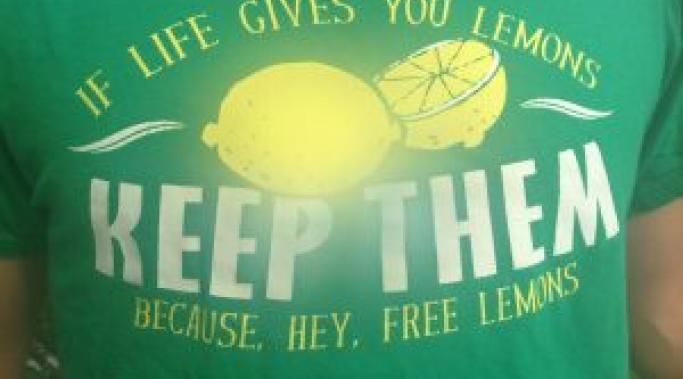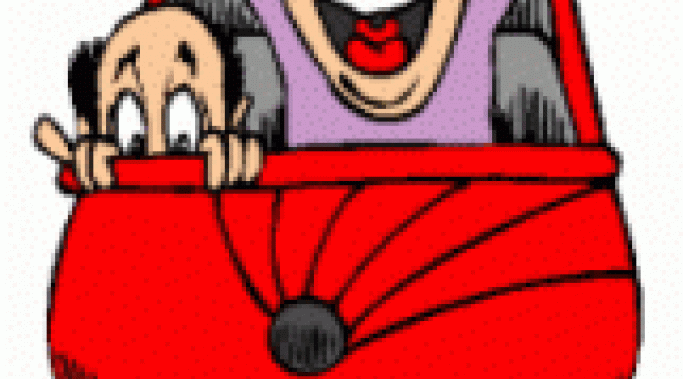Blogs
What is it that causes Schizophrenia? What is it that makes one see, hear and think the inconceivable? Freud believed that Schizophrenia was caused by repressed homosexuality, a theory with no solid evidence. Nevertheless the idea is still perpetuated amongst certain circles of psychoanalysts who are misguided by an outdated theory. Why is this?
Parenting a child with mental illness brings about some anxiety. The upcoming school year helps me reflect on Bob. Much more so when the retailers are preparing for school shopping time. I'm an anxious person so I imagine Bob has a hard time dealing with me. I worry about making sure that he has everything he needs for school - supplies, review of the rules and some patience. Reflecting on your special needs child before school starts can help ease your worries.
No one likes a disruption of his or her daily routine. But is it worth getting upset about? Becky Oberg, author of the More Than Borderline blog, discusses how to survive and thrive despite chaos.
Marketers today are obsessed with “branding” which, in the most general of terms, is the mental picture a prospect or customer has of a company. For example, when you say “McDonald’s” I think of a diabolical clown whose red shoes skate across a smear of grease. Others might think of inedible food in bright red boxes served up by awkward, angry teenagers dreaming of their next tattoos. Companies may project any brand they like, but their actual brand is the image and opinion others have of them.
Bipolar disorder and borderline personality disorder have crossover traits and so a person with bipolar disorder can often mistakenly be diagnosed with borderline personality disorder. In fact, some feel that diagnosis with both disorders is inappropriate unless the patient’s bipolar disorder is in remission.
But some people do meet the diagnostic criteria for bipolar disorder and borderline personality disorder. I would have put this number much lower than it actually is thought to be. From the research I’ve done, it appears that borderline personality disorder is comorbid to bipolar in around 40% of cases. This is particularly surprising as it was once thought that personality disorders were only comorbid to bipolar in 12% of cases or less.
But what is borderline personality disorder and what does it mean if you’re diagnosed with both bipolar and borderline personality disorder?
My son owns a tee shirt that says,
"When life hands you lemons, keep them. Because, you know, free lemons!"
I like to keep life light. But sometimes crises happen and they can set our anxiety on overdrive. Once panic sets it, it takes all of our energy. Energy that we need to handle the situation!
On the other hand, if we used that energy to handle the situation. It would make our anxiety go down! Really! Read on for Five Things To Do When You are In A Crisis:
Learn how to get rid of guilt and worries in order to build self-esteem.
No matter who you are, healing PTSD can be difficult. While we can pump ourselves up (and get friends and family to give us pep talks) sometimes in those moments you're all alone you just need a go-to list of places to give yourself an infusion of calm, hope, inspiration, motivation and even, a little bit of love.
In everything I've written about here over the past year, I've never done a post that gives you a list of resources, so this will be the first one!
Every human struggles with emotions – plain and simple. These emotions can range from love and lust to fear and sadness. Sometimes, with the snap of a finger, emotions can dramatically change. It’s sad that when people start acting depressed or anxious or paranoid they automatically start throwing labels, saying so-and-so is “acting bipolar” or “must have schizophrenia”.
To everyone who throws around labels like this – think before you say because, believe me, it hurts.
Speaking out about having recovered from an eating disorder has been very rewarding to me. I have been getting involved with mental health related organizations in my community and I share aspects of my life as a person who has recovered from bulimia. Writing the Surviving ED blog has been very inspiring too.







